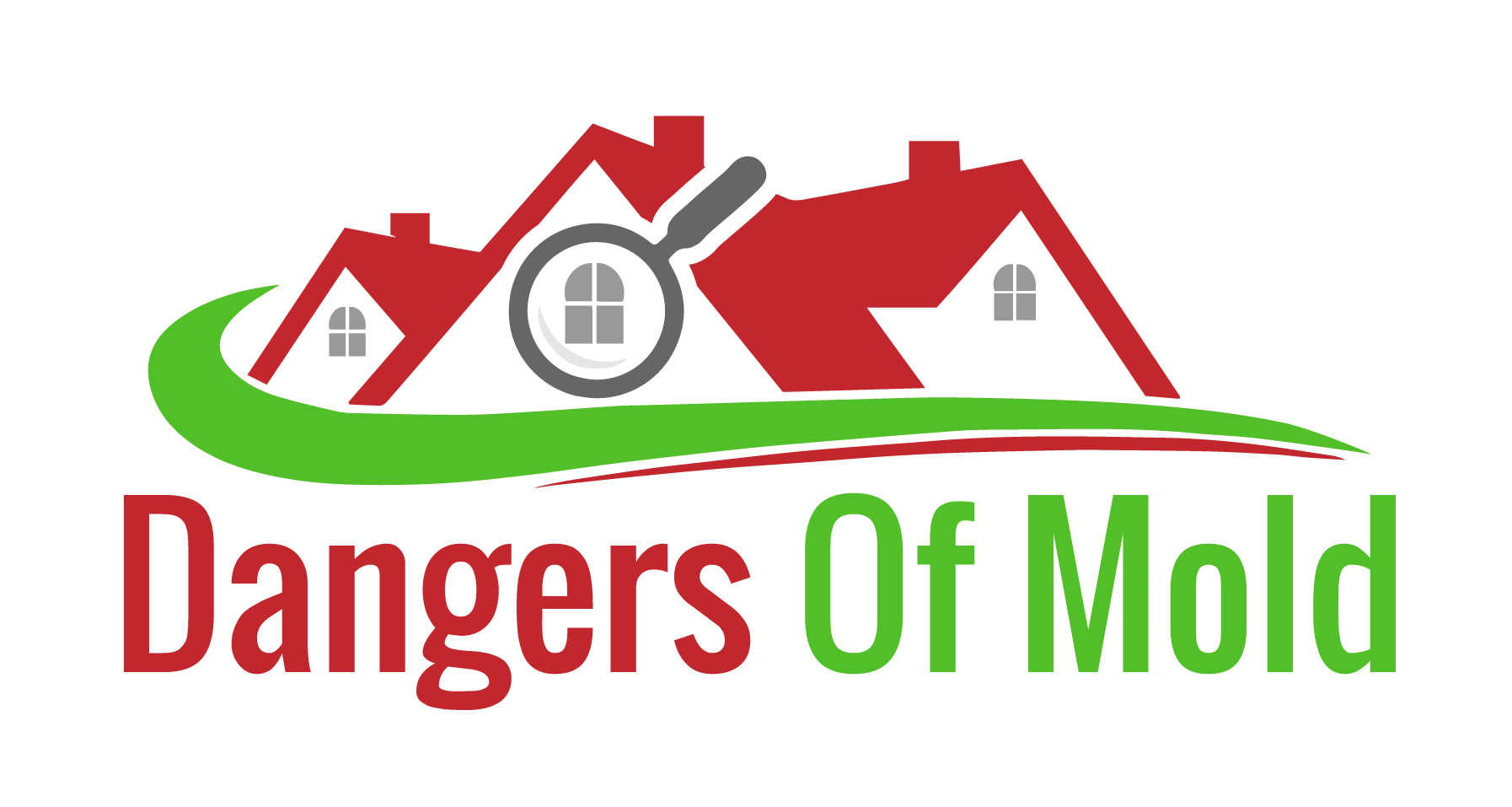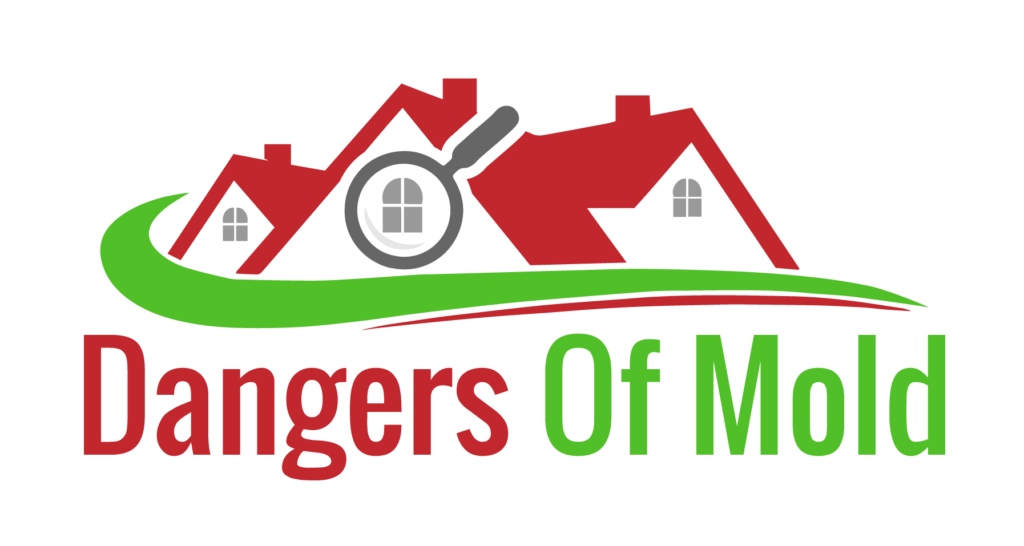What are the pros and cons of mold home testing kits
Mold home testing kits can be a convenient and cost-effective way for individuals to check for the presence of mold in their homes. However, there are both pros and cons to using these kits. It’s important to understand their limitations and potential benefits:
Pros of Mold Home Testing Kits:
- Cost-Effective: Mold testing kits are generally more affordable than hiring professional mold inspectors.
- Convenience: Home testing kits are easy to use and often involve collecting samples either through air sampling or surface sampling.
- Quick Results: Some kits provide relatively quick results, allowing you to receive preliminary information about the presence of mold in a short amount of time.
- Privacy: Using a home testing kit allows you to handle the sampling process yourself, which may be preferable for those who value privacy.
- Initial Screening: Home testing kits can serve as an initial screening tool to determine whether further professional inspection and remediation are necessary.
Cons of Mold Home Testing Kits:
- Limited Accuracy: Mold testing kits may not be as accurate as professional testing conducted by trained inspectors using specialized equipment. Results from home testing kits may yield false positives or false negatives.
- Interpretation Challenges: Interpreting results can be challenging. Mold spores are present in most environments, and the mere presence of mold spores doesn’t necessarily indicate a problem. The concentration and types of mold spores matter, and interpreting these results accurately can be complex.
- Sampling Limitations: Home testing kits typically provide limited information. They may not identify specific types of mold or provide information about the extent of mold growth.
- Surface Sampling Only: Many home testing kits focus on surface sampling, which may not capture airborne mold spores that could be present in the indoor air.
- DIY Remediation Risks: If the results suggest mold is present, individuals may attempt do-it-yourself remediation. However, without proper knowledge and precautions, this can lead to inadequate remediation or the spread of mold spores to other areas.
- No Guidance on Source: Home testing kits may identify the presence of mold but may not provide information on the source of the moisture problem leading to mold growth.
- Potential for False Reassurance: False negatives or low mold counts may provide a false sense of reassurance, leading individuals to believe there is no mold problem when one may exist.
While mold home testing kits can be a useful initial step in identifying potential mold issues, it’s important to recognize their limitations. If there are concerns about mold, or if individuals have health symptoms associated with mold exposure, it is often advisable to consult with professionals for a more thorough and accurate assessment. Professional mold inspectors can use specialized equipment, perform a comprehensive inspection, and provide guidance on remediation if necessary.

